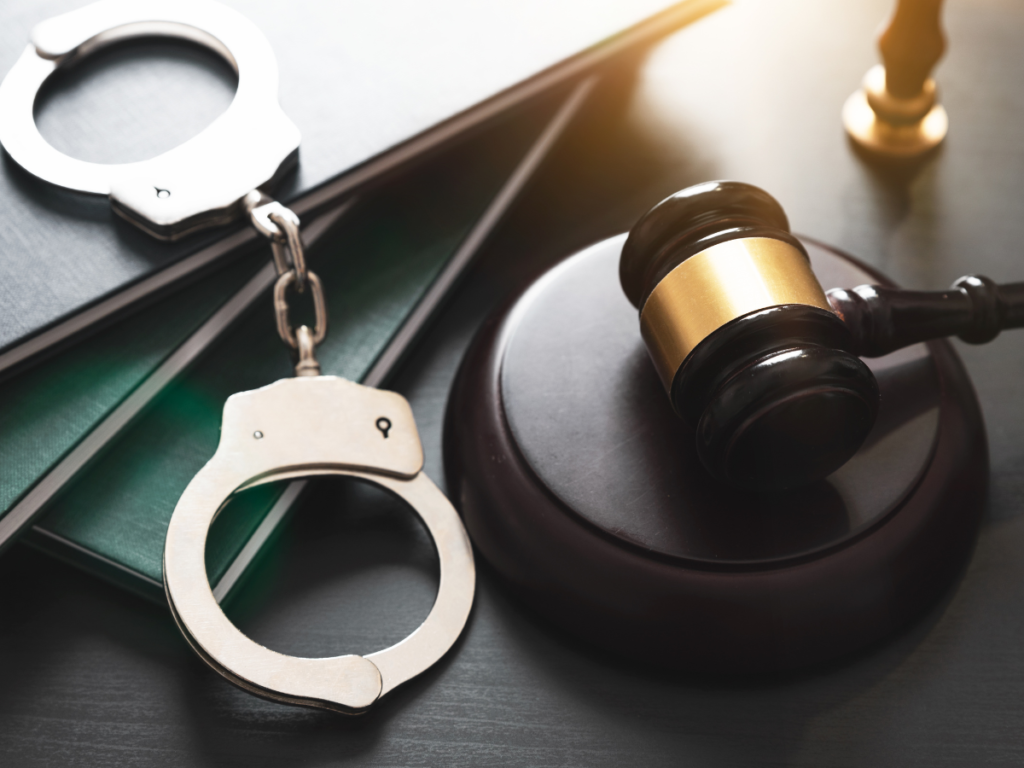A Guide to Hate Crimes and Their Legal Defenses

Hate crimes are a unique category of criminal offenses because they penalize defendants for their alleged personal biases. Many legal observers find these laws to be philosophically questionable because it’s impossible to know what another person is thinking, and this isn’t how we typically determine how offenses will be penalized. Whether or not someone intended to commit a crime is often an important factor when it comes to sentencing, but a person’s underlying biases are much more difficult to determine.
The State of Wyoming does not have a hate crimes law. However, a defendant may be subject to federal prosecution with strict penalties if the U.S. Department of Justice decides to prosecute a criminal act. If you are facing federal felony charges in Campbell County, it’s crucial to have an experienced Gillette criminal defense lawyer by your side to protect your freedom.
What Is a Hate Crime?
According to federal law, a hate crime results when someone causes bodily injury or attempts to do so against anyone precisely because of the victim’s actual or perceived:
- Race
- Color
- Religion
- National origin
- Ethnicity
- Gender
- Disability (or)
- Sexual orientation
The words actual or perceived refer to the perpetrator’s perception of the victim at the time when the offense is committed. A defendant may be convicted of a hate crime even if they are wrong about the victim’s true identity. For example, Sikhs are not Muslims, but Sikh men generally wear a turban in public. If someone physically attacks a Sikh due to a bias against Muslims, it may be federally prosecuted as a hate crime.
Although Wyoming does not have a felony hate crimes law, it is a misdemeanor offense to “deny the right to life, liberty, the pursuit of happiness, or necessities of life” to a person based on their race, religion, color, sex, or national origin.
Evidence Used to Prove Bias in a Federal Hate Crimes Trial
To prove that someone has committed a hate crime, prosecutors must demonstrate their actions were motivated by bias. Although the defendant’s past actions and statements made before the crime was committed may point to a history of bias and even outright hostility to people who belong to a particular group, there are complex federal evidence rules that often make it difficult for the prosecution to use this information.
According to Federal Rule 404, Section A, “evidence of a person’s character or character traits is not admissible to prove that on a particular occasion, the person acted in accordance with the character trait.” In other words, even if the defendant made derogatory comments about a group in the past or committed actions that were motivated by hatred for a particular group, these statements and actions may be excluded from evidence because they do not prove a person’s state of mind when they committed the alleged hate crime.
The federal law is contradictory, and it leaves room for using the defendant’s past statements and actions as evidence that the crime in question was motivated by feelings of hostility towards a particular group. Rule 404, Section C states that it is permissible for prosecutors to use the defendant’s past actions and statements against them if this can “prove” any of the following factors as they relate to how and why the alleged crime was committed:
- Motive
- Opportunity
- Intent
- Preparation
- Planning
- Knowledge
- Absence of mistake
Legal Defense Against Federal Hate Crime Prosecution
The federal government is most likely to prosecute a defendant for hate crimes in high-profile cases. There is often a lot of political pressure for the federal government to punish a defendant after local authorities fail to provide severe penalties in a case that has received a lot of media attention.
The Justice Department and the FBI will use their resources to come down hard on the defendant in a hate crimes trial. When going up against federal prosecutors, it’s important to have a Gillette criminal defense lawyer who knows how to collect and analyze the types of evidence you will need to defeat the government’s case.
Effective legal defenses used in a federal hate crimes trial include:
- It was a case of mistaken identity.
- Prosecutors have insufficient evidence to prove their case.
- Bias was not the defendant’s true motivation.
- Law enforcement officials violated the defendant’s constitutional rights.
- The defendant did not commit the underlying crime.
- The defendant was falsely accused.
- There are alternative explanations for the defendant’s behavior.
- The prosecution’s witnesses are not reliable.
Have You Been Charged with a Hate Crime in Gillette?
Facing any federal charge is always cause for concern, and you could be looking at serious jail time. A conviction could threaten your gun rights, custody arrangements, professional licenses, and immigration status.
At Steven Titus & Associates, P.C., we will pursue every avenue to get your charges dismissed or reduced. Our Gillette hate crime defense attorneys can gather all the evidence necessary to build the strongest possible defense so that you can face your charges with confidence.
Call (307) 257-7800 for a FREE consultation today. We are available 24/7 for our clients.

Your FREE Case Strategy Session
On All Injury and Criminal Cases
Contact our office right now to speak to
someone who wants to help you.